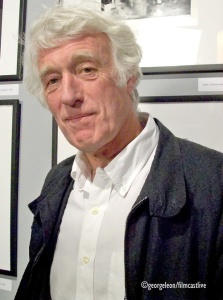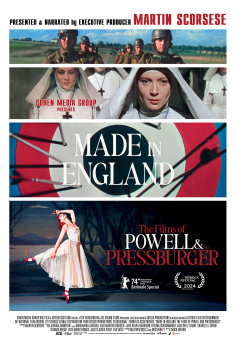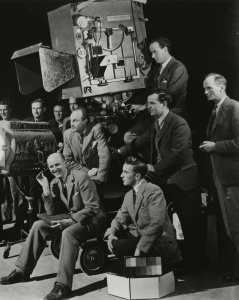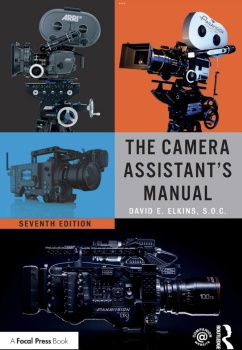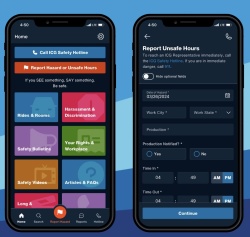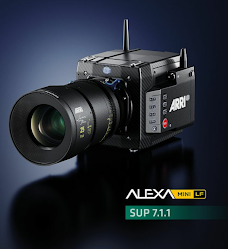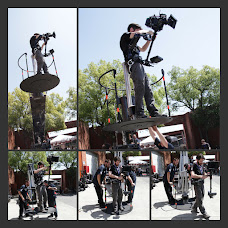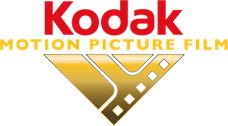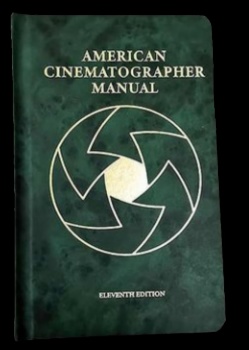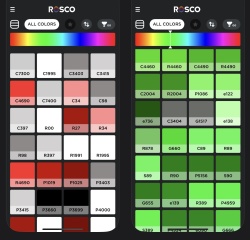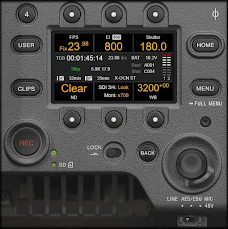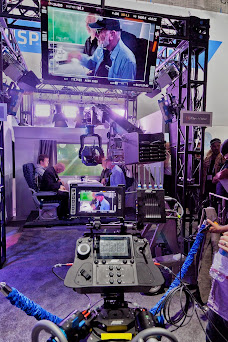By Roy H. Wagner ASC
Courtesy SOC Magazine
 sted that he liked my operating and would really like for me to do it once again, I thought it might be fun to try my hand at being a director of photography/operator. The experience was extraordinary but in the midst of production I discovered a bone chilling reason why a cinematographer should never operate.
sted that he liked my operating and would really like for me to do it once again, I thought it might be fun to try my hand at being a director of photography/operator. The experience was extraordinary but in the midst of production I discovered a bone chilling reason why a cinematographer should never operate.In my thirteen-year struggle to get into the Union, I had not only learned to survive as a director of photography, but as an operator. Throughout those years I never had the luxury of an operator. Much like today’s geniuses that guide our Industry and decide our future, I began to wonder why a cinematographer needed an operator.
Prominent cinematographers would visit my set and question, “How can you do both jobs?” “How can you judge lighting, or an actor’s make up through a ground glass while constantly chasing the frame line for compositional changes?” “How could you judge the density of smoke through the camera?” Alas, I didn’t understand what I was missing. The one question I was not asked was, “how does it affect your relationship with the director?”









